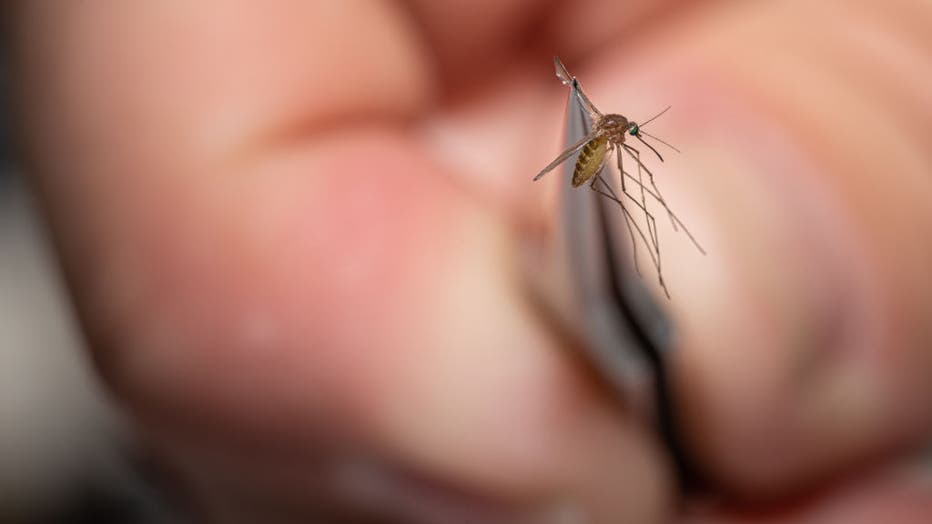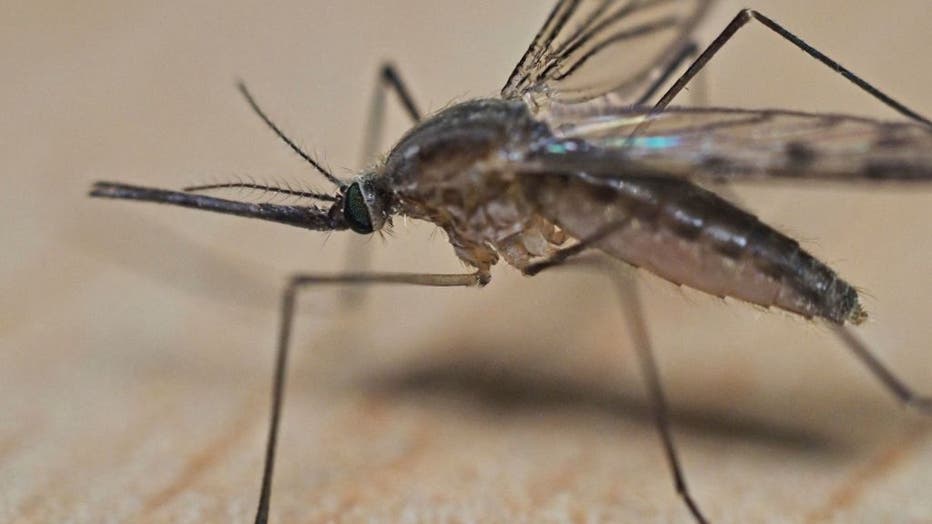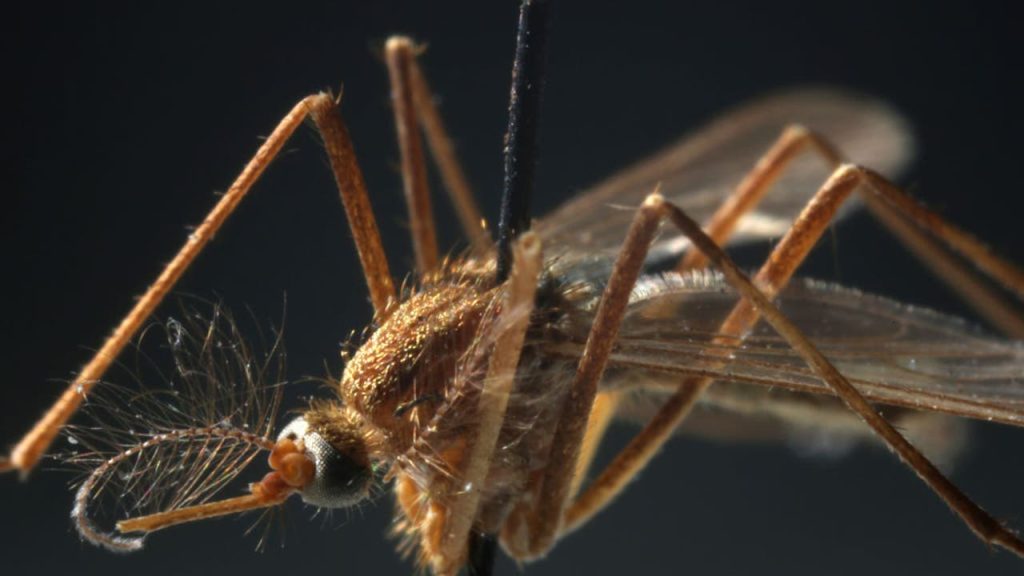NYC Health Department to spray for West Nile virus
There are growing concerns about the West Nile virus around the country after several people, including former chief medical advisor Dr. Anthony Fauci tested positive for the virus. In New York City, the Health Department is spraying for mosquitoes tonight. FOX 5 NY’s Linda Schmidt takes a look at why health experts are extra worried about the virus this year.
NEW YORK – The Health Department is spraying for mosquitoes to prevent people from having the West Nile virus in New York.
Starting tonight, trucks will spray pesticides in sections of Manhattan at 8:30 p.m. and 6 a.m. Tuesday morning and in Brooklyn on Wednesday between 8:30 p.m. and 6 a.m. the following morning.
The Health Department will spray very low concentrations of Anvil 10+10, Duet, or MERUS 3.
If there is bad weather, the application will be delayed until Aug. 28 and Aug. 29.
Here’s what you need to know and how to stay safe, but first, what is the West Nile virus?
What is the West Nile virus?
A Culex pipien mosquito specimen in the insect collection at the Field Museum shows the type of mosquito that carries the West Nile virus. (E. Jason Wambsgans/Chicago Tribune/Tribune News Service via Getty Images)
The West Nile virus is commonly spread through the bite of an infected mosquito. While most people don’t experience symptoms, about 1 in 5 can develop a fever, headache, body aches, vomiting, diarrhea, or rash, according to the Centers for Disease Control and Prevention.
About 1 out of 150 infected people develop a serious, sometimes fatal, illness.
“This particular virus is staying in New York City and is actually endemic. It can occur almost every year. There is high occurrence in New York City,” Dr. Waheed Bajwa from the NYC Health Department said.
For more information on the West Nile virus call 311 or click here.
West Nile symptoms

Matthew Vanderpool, environmental health specialist and entomologist for the Louisville Metro Department of Public Health and Wellness, displays a mosquito collected earlier in the day on August 25, 2021 in Louisville, Kentucky. Vanderpool specialize
According to the NYC Department of Health, most people infected with West Nile do not develop any symptoms.
For those who do become ill, symptoms usually appear between three and 15 days after you are bitten by an infected mosquito.
Mild to Moderate Illness
Some people experience a mild to moderate illness. Symptoms include:
- Fever
- Headache
- Tiredness/weakness
- Body aches and joint pain
- Vomiting
- Diarrhea
- Rash
Severe Illness
In rare cases, West Nile can cause a severe illness that can affect the brain and spinal cord. This can lead to encephalitis, meningitis or acute flaccid paralysis, which is a polio-like syndrome where muscles become weak or paralyzed.
Symptoms of this illness include:
- High fever
- Headache
- Neck stiffness
- Muscle weakness
- Tremors or shakes
- Confusion
- Numbness and paralysis
- Coma
Here at home, Dr. Anthony Fauci, the former top U.S. infectious disease expert, spent time in the hospital after being infected with West Nile virus and is now recovering at home, a spokesperson confirmed Saturday.
Fauci is expected to make a full recovery, the spokesperson said on condition of anonymity due to security concerns.
Is the risk of pesticides high for people?
The Health Department said that the risk of pesticides for mosquito control is low for people and pets. They said that some people who are sensitive to spray ingredients may experience short-term eye or throat irritation, or a rash.
“The main pesticide we’re using is environmentally friendly. There is not much impact on humans,” Dr. Bajwa said.
People with respiratory conditions may also be affected.
How to stay safe during spraying:
- Stay indoors, whenever possible.
- Air conditioners can remain on. While unnecessary, you may wish to close air conditioner vents or choose the recirculate function.
What to do after spraying:
- Wash skin and clothing exposed to pesticides with soap and water.
- Always wash fruits and vegetables with water.
How do I control mosquitoes?

This close-up shows the head and the trunk (proboscis) of a mosquito in Montlouis-sur-Loire, central France, on October 21, 2022. (Photo by GUILLAUME SOUVANT / AFP) (Photo by GUILLAUME SOUVANT/AFP via Getty Images)
The Health Department suggests eliminating any standing water to control mosquitoes. They said that New Yorkers are also encouraged to mosquito-proof their homes and take precautions when spending time outdoors.
How do I reduce my exposure to mosquitoes?
- Use an approved insect repellent containing DEET, picaridin, oil of lemon eucalyptus (not for children under 3), or products that contain the active ingredient IR3535.
- Make sure windows have screens. Repair or replace screens that have tears or holes.
- Eliminate any standing water from your property and dispose of containers that can collect water. Standing water is a violation of the New York City Health Code.
- Make sure roof gutters are clean and draining properly.
- Clean and chlorinate swimming pools, outdoor saunas and hot tubs. Keep them empty or covered if not in use. Drain water that collects in pool covers.
The Associated Press contributed to this report.

